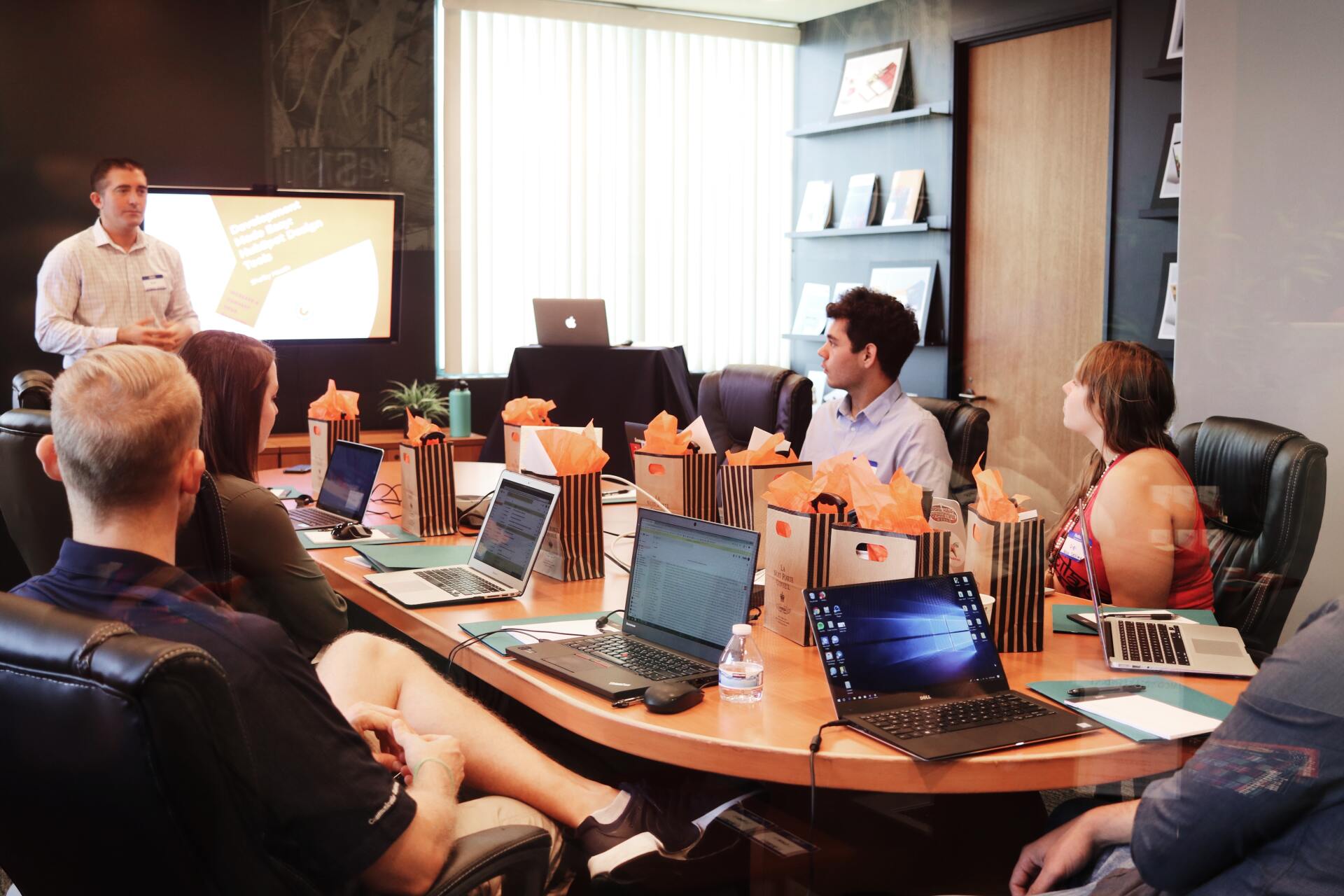What does the new work week look like?
Leanne Lazarus • November 1, 2020
people2people have recently released our Annual Market Trend report which covers everything from statistics, to market trends, to salary information. But this year was a little different due to COVID and we were able to add in valuable data from our #snapsurveys conducted in April and August this year and we shared the trends / initiatives / changes that emerged from it.
As I go out to present the report to the many businesses with whom I work, there are a number of questions that are being raised in conversation around what changes / initiatives will remain, how mental health / wellbeing is more important now than ever and what does the new work week look like beyond COVID-19. Based on people2people's surveys, we have identified that approximately 15 % of the organisations have already brought their entire teams back to the office BUT 60 % were still working on a blended work week model.
But what does the ‘normal’ blended work week look like for organisations?
- 1 week in the office 1 week from home
- 3 days in the office 2 days from home
- 4 days in the office 1 day from home
poeple2people are being answered with a myriad of responses, when we ask this question. What would the ideal work week look like, if your organisation was offering flexibility? What we are finding, is that employers are dividing their employees into teams, ensuring people who are in the same division work in the office on the same day to help drive spontaneous interactions, shared knowledge and the ability to deliver on results.
Working from home is not ideal for everyone. For those who are living on their own, going back into the office was seen as a positive move, as they were able to have face to face interactions. Others, thrived at home!
The interesting fact is that with COVID there was not choice around flexibility, everyone had to work from home ( unless unable to perform their work from home eg Nurses) and the feedback from most organisations were that the levels of productivity were still high. Results were still being achieved and morale (as an overall seemed positive). But as restrictions lifted, the idea of keeping a blended work week changed and most employees were asked to return to the office and flexibility was only on a case by case situation.
If you had a magic wand and could make the decision on what the new blended work week would look like for your organisation – what would it be?
Find the job you love I Find the right talent
Get in touch with people2people
Australia
I United Kingdom
In business since 2002 in Australia, NZ, and the United Kingdom, people2people is an award-winning recruitment agency with people at our heart. With over 12 offices, we specialise in accounting and finance, business support, education, executive, government, HR, legal, marketing and digital, property, sales, supply chain, and technology sectors. As the proud recipients of the 2024 Outstanding Large Agency and Excellence in Candidate Care Awards, we are dedicated to helping businesses achieve success through a people-first approach.
Recent articles









